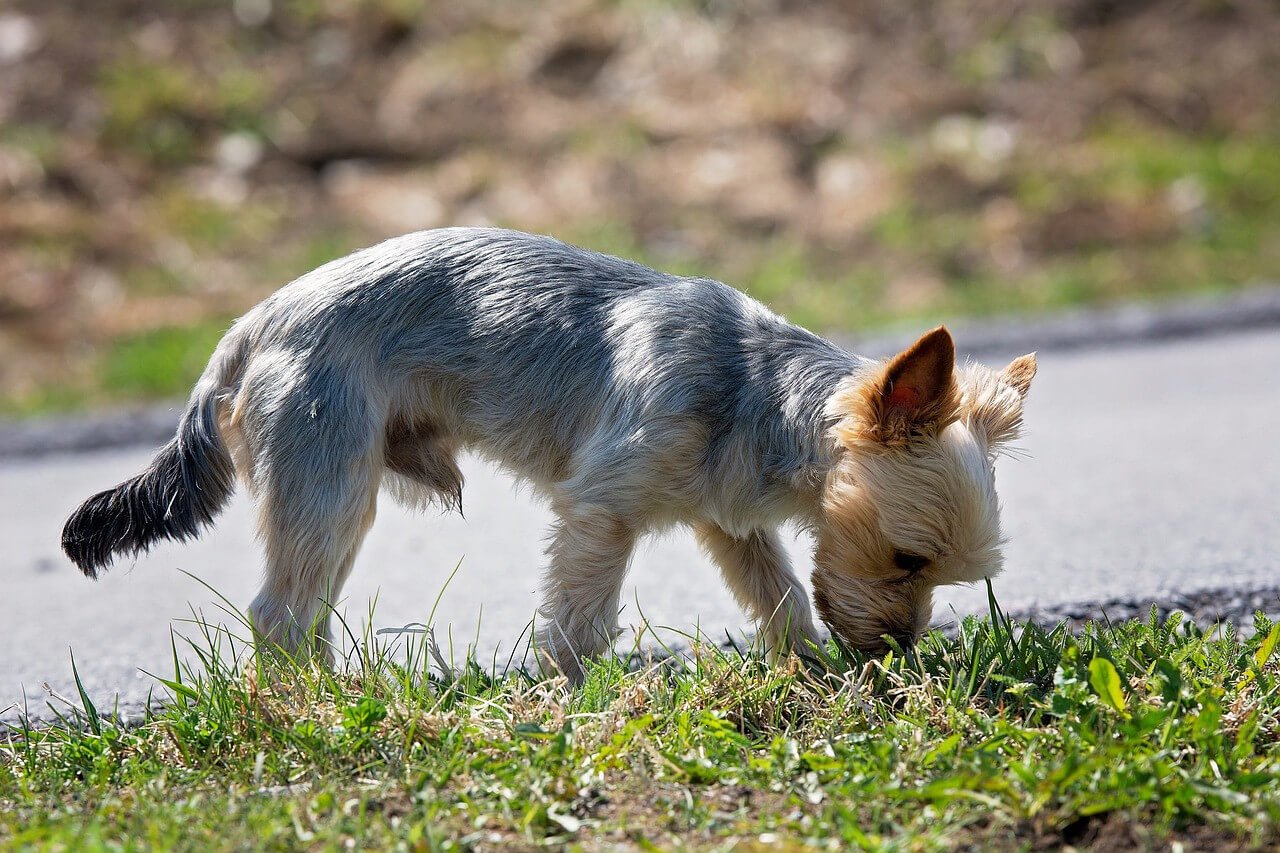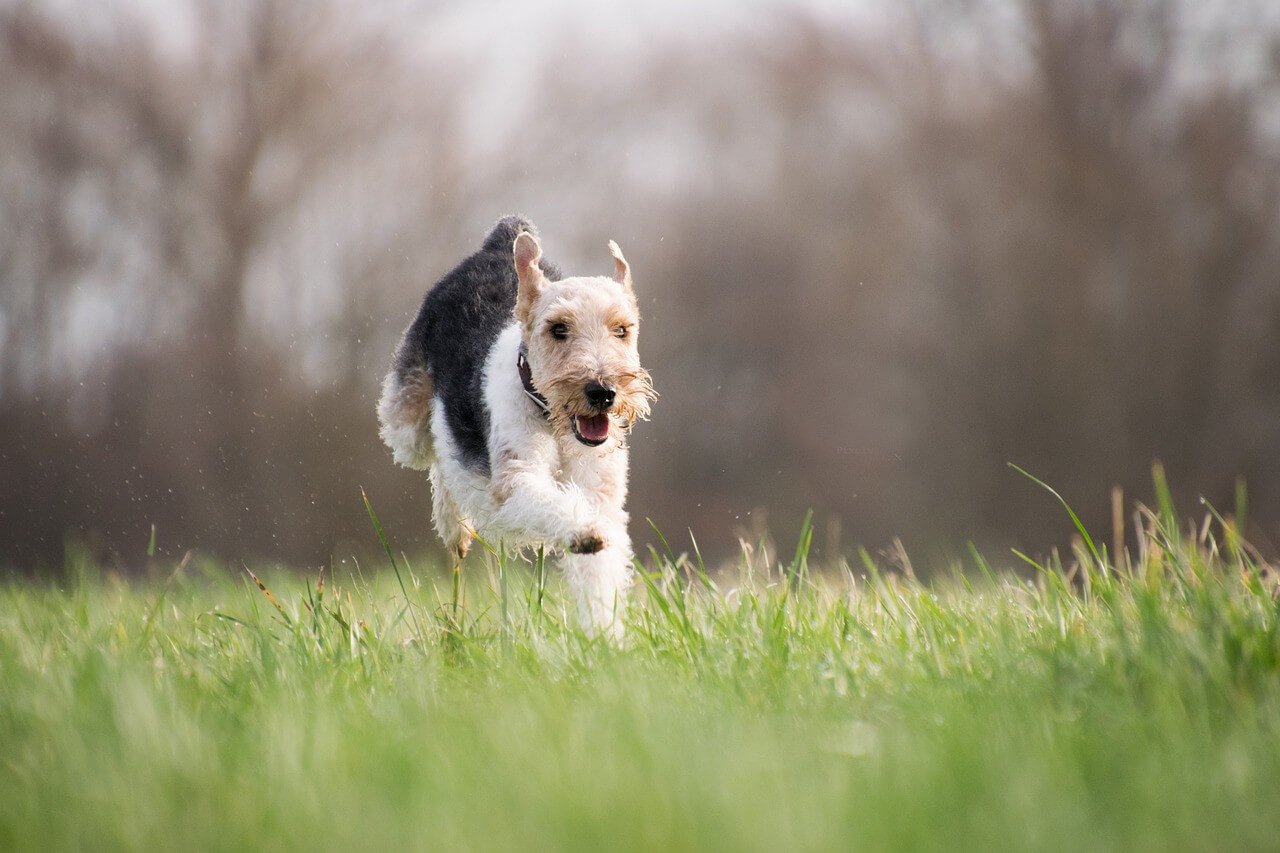One minute you're sharing a heartwarming snuggle on the couch, the next, you're blushing a shade of crimson as your four-legged buddy decides your crotch is the most fascinating thing since that squirrel that keeps taunting him from the backyard. But why do dogs have this almost cringe-worthy obsession with our personal spaces? Is it their cheeky way of embarrassing us, or is there more beneath the surface?
Now, consider this. The human crotch area, believe it or not, is a veritable symphony of personal aromas. It’s not necessarily about hygiene; it's biology. Our bodies exude a variety of scents packed with information, and our groin is no exception. To a dog, this region is like a book they're dying to read, filled with tales of our diet, emotions, health, and more.
Understanding the Canine Sense of Smell
If dogs had superhero titles, they’d undoubtedly be "The Olfactory Avengers". But what makes their sense of smell so spectacular, and why does it drive them to our most intimate regions?
Dogs are experts in the olfactory world, possessing around 300 million scent receptors in their snouts, a significant increase from our 5 to 6 million. Their brain for analyzing scents is 40 times larger than ours, making them a formidable opponent in the world of scent. Dogs view every breath as a wealth of information, viewing parks as a vibrant storybook of their surroundings, while humans see ours.
This means they’re not just sniffing for the sake of it; they’re continually reading, learning, and understanding the environment. A casual walk for us is like flipping through a gossip magazine for them – filled with the latest updates on their canine pals and other critters.
When a dog smells another dog (or human), it's not just out of curiosity. It's their way of asking, "Who are you? How do you feel today? What’s your story?". And just like we might scroll deeper into someone's social media profile to know them better, dogs too will venture into more 'personal' scent areas for a richer narrative.
So, why the crotch? Well, humans have apocrine sweat glands concentrated in areas like our armpits and groins. These glands don't just produce sweat; they exude a cocktail of fats, proteins, and pheromones. While most of these compounds are odorless to our puny human noses, they're aromatic billboards for dogs.
Navigating "Personal Investigations" by Our Fur Friends
We've explored the depth of canine curiosity when it comes to our unique human scents, but how do we strike a balance, especially in social situations where Fido's sniffing might not be so welcome?
- Training & Distractions
Begin with basic command training. Commands like "leave it" or "stay" can be useful. Distracting a dog with toys or treats can also divert their attention from guests.
- Socialization
Exposing your dog to various situations and people helps them understand social norms better. Over time, they'll naturally reduce their inclination to sniff inappropriately.
- Understanding & Empathy
Recognize that for dogs, sniffing is instinctual and informational. Avoid scolding them harshly. Instead, redirect their behavior gently.
- Educating Others
When hosting guests, briefly explain why dogs might exhibit such behavior. A little understanding can go a long way in preventing awkward situations.
From Dog to Friend
Being enthusiasts and caretakers of dogs we feel privileged to share our lives with these creatures. They bring us joy unwavering loyalty and an endless sense of curiosity. However, this privilege also comes with a responsibility to understand and take care of them.
- Relentless Education
The experience of having a pet is an ongoing learning curve. Our knowledge and comprehension of dogs should evolve and adapt along with them. To stay informed, read books, watch films, or go to workshops.
- Open Discussions
Talk to other animal owners. Tell tales, offer wisdom, and offer solutions. Something that you've experienced may be something that someone else is going through right now. We make sure that no one feels alone in their path of pet rearing by creating a community of others who have similar experiences.
- Flexibility Is Essential
Dogs are not all alike. Although there are certain habits that we can generalize about, keep in mind that every dog is an individual with unique characteristics. Be ready to modify your strategy, your training regimen, and even your everyday activities to meet their specific needs.
- Adopt Technology
The experience of owning a pet can be improved by a variety of apps, devices, and platforms available in the modern digital age. Use technology to strengthen your relationship with your dog. It may be an app to record their health parameters, an activity tracker, or online discussion boards where you can share ideas.
- Professional Advice
Never be afraid to ask an expert for help when in doubt. A veterinarian, dog trainer, or animal behaviorist, for example, can all offer insightful information about the health and behavior of your pet.
FAQs
- Is it only dogs that are so keen on scents?
While dogs stand out because of their exceptional olfactory capabilities, many animals use scent as a primary source of information. Cats, for instance, also have their ways of investigating the world through smell, though their methods and reasons might differ from dogs.
- Can I use any products to reduce my dog's interest in sniffing people?
While there are sprays and products that claim to deter dogs from sniffing, it's essential to approach these with caution. Many times, training and redirection are more humane and effective. Plus, remember, you'd be dampening one of their primary ways of understanding the world.
- Do neutered or spayed dogs show the same interest in sniffing?
Neutering or spaying can influence a dog's behavior, but it doesn't significantly dull their sense of smell or natural curiosity. They might be less driven by mating instincts, but their interest in scents, in general, will remain keen.
- My dog seems to prefer some people over others based on scent. Why?
Just as we might feel more comfortable around certain people due to their vibes, dogs might have preferences based on the scents they detect. It could be related to an individual's emotions, diet, or even memories associated with similar smells.
- How can I get my dog to stop this behavior without being harsh?
Positive reinforcement is key. Reward your dog when they obey commands to cease or avoid the behavior. Over time, with consistency, they will learn the desired behavior.
Conclusion
In the intricate dance of life, few partners are as dedicated, loving, and inquisitive as our four-legged companions. From their very first puppy sniff to their wise old snuffles, our dogs express a world of wonder, concern, and affection through their noses.
Understanding why dogs are drawn to certain scents, especially personal ones, isn't just about curbing potentially embarrassing encounters or navigating social norms. It's about deepening our bond, celebrating the silent communications, and recognizing the profound connections these moments symbolize.
Reference: https://www.akc.org/expert-advice/advice/dog-love-sniffing-human-crotches/






